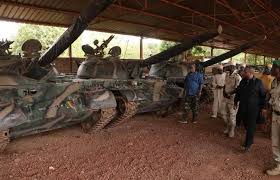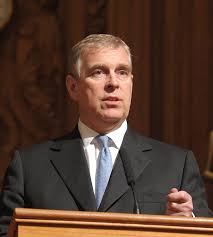Mali: Navigating Political Turmoil and Humanitarian Crises

Introduction: The Importance of Mali’s Current Situation
Mali, a landlocked country in West Africa, has been at the forefront of international interest due to its complex political landscape and pressing humanitarian concerns. The significance of Mali lies not only in its rich cultural heritage and natural resources but also in its stability. As one of the Sahel region’s pivotal nations, developments in Mali have broader implications for regional security and humanitarian efforts.
Current Political Landscape
The political situation in Mali has considerably deteriorated in recent years, marked by coups and instability. In August 2020, the military seized power, ousting President Ibrahim Boubacar Keïta, and in May 2021, another coup occurred, further deepening the country’s crisis. Although transitional authorities have promised elections, the timeline remains uncertain, raising concerns among citizens and international observers alike.
Humanitarian Issues
As a consequence of the political turmoil, Mali is grappling with a dire humanitarian crisis. The United Nations has previously reported that millions in the region face food insecurity and lack access to essential services. Armed conflicts have displaced over 500,000 people, exacerbating the situation further. The Sahel region, where Mali is located, has witnessed an increase in violence, including attacks from extremist groups, complicating humanitarian efforts.
International Response and Aid Efforts
International organisations, including the UN and African Union, continue to advocate for political stability in Mali and infrastructural support for those affected by the crisis. Aid efforts are underway, but challenges such as limited access to remote areas and security threats hinder these initiatives. The EU and France have had a significant presence in Mali under Operation Barkhane, aimed at combating terrorism in the region, but recent shifts in foreign policy have left gaps in support.
Conclusion: Prospects for the Future
The way forward for Mali requires a multifaceted approach involving political dialogue, international cooperation, and humanitarian aid. With elections postponed and security threats looming, the path to stability appears fraught with challenges. For Malians, the future remains uncertain, but proactive international engagement and local leadership are essential for fostering peace and recovery. The intersection of political reform and humanitarian support will play a crucial role in shaping Mali’s trajectory, making it a critical area for ongoing observation and intervention.









